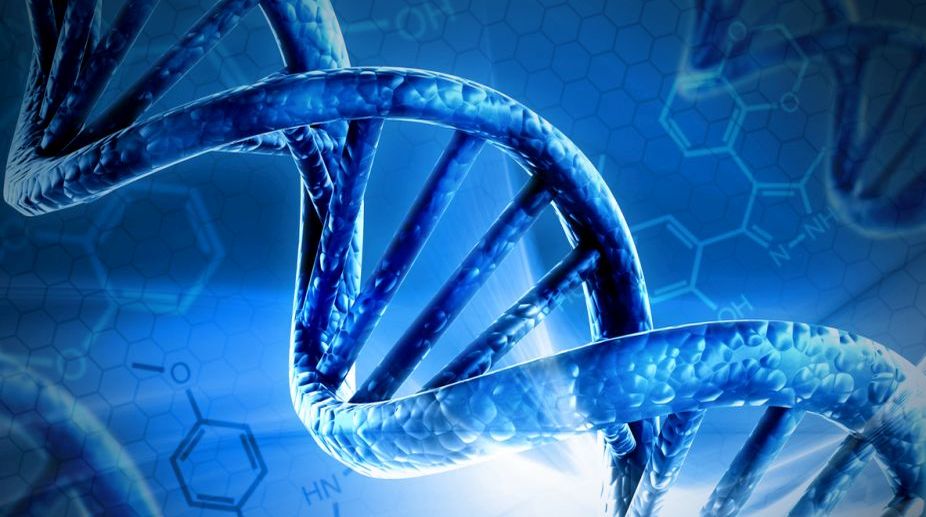New rapid molecular test for infectious diseases developed
Scientists have developed a new molecular test that can rapidly detect bacteria and viruses, including SARS-CoV-2, the virus behind Covid-19.

Representational Image (Photo: Getty)
The CRISPR-Cas9 gene-editing technology may introduce hundreds of unintended mutations into the genome, scientists including one of Indian origin warn.
Researchers sequenced the entire genome of mice that had undergone CRISPR gene editing in the team's previous study and looked for all mutations, including those that only altered a single nucleotide.
Advertisement
They determined that CRISPR-Cas9 technology, that allows permanent modification of genes within organisms, had successfully corrected a gene that causes blindness.
Advertisement
However, they found that the genomes of two independent gene therapy recipients had sustained more than 1,500 single- nucleotide mutations and more than 100 larger deletions and insertions.
None of these DNA mutations were predicted by computer algorithms that are widely used to look for off-target effects, researchers said.
"We feel it's critical that the scientific community consider the potential hazards of all off-target mutations caused by CRISPR, including single nucleotide mutations and mutations in non-coding regions of the genome," said Stephen Tsang, associate professor at Columbia University in the US.
"We are still upbeat about CRISPR. We know that every new therapy has some potential side effects – but we need to be aware of what they are," said Vinit Mahajan of Stanford University in the US.
The team is currently working to improve the components of the Clustered regularly inter-spaced short palindromic repeats (CRISPR) system – its gene-cutting enzyme and the RNA that guides the enzyme to the right gene – to increase the efficiency of editing.
"Researchers who are not using whole genome sequencing to find off-target effects may be missing potentially important mutations. Even a single nucleotide change can have a huge impact," Tsang said.
"We hope our findings will encourage others to use whole-genome sequencing as a method to determine all the off- target effects of their CRISPR techniques and study different versions for the safest, most accurate editing," he said.
The study was published in the journal Nature Methods.
Advertisement